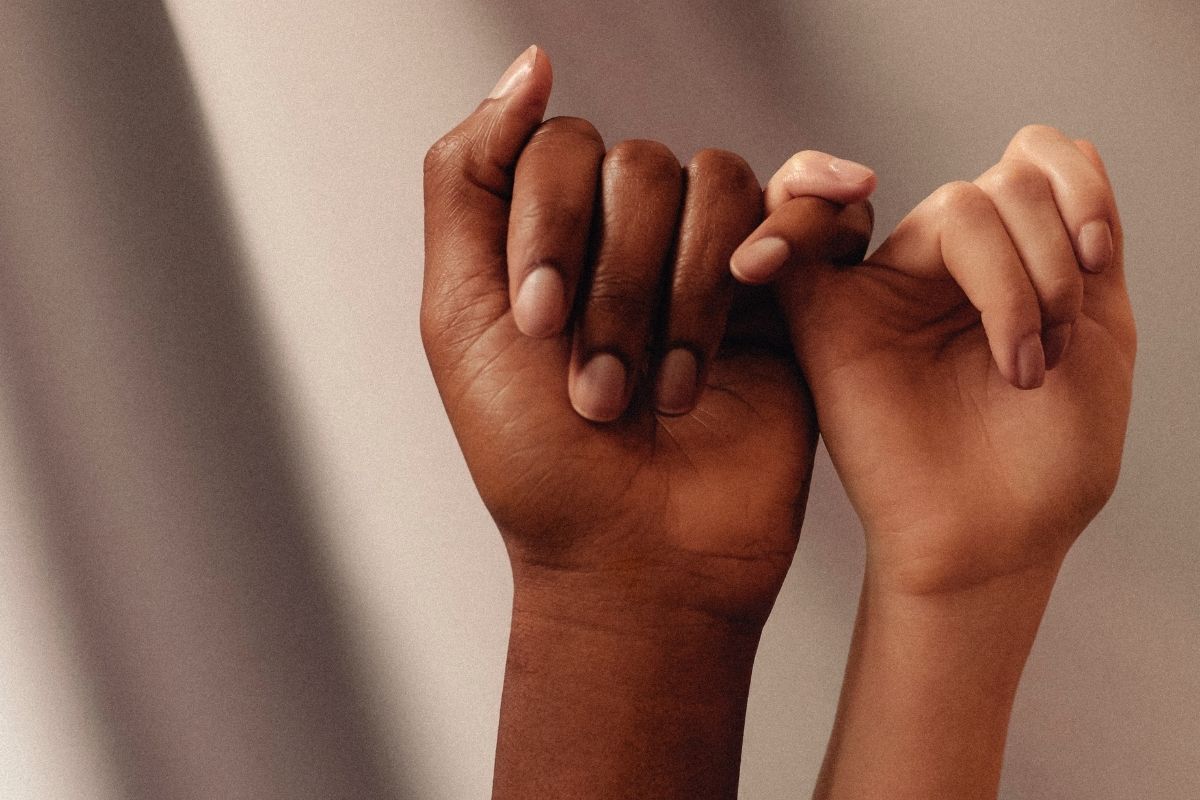
Genesis 45:8–11 ‘So then, it was not you who sent me here, but God. He made me father to Pharaoh, lord of his entire household and ruler of all Egypt. Now hurry back to my father and say to him, “This is what your son Joseph says: God has made me lord of all Egypt. Come down to me; don’t delay.”’ (vv8–9)
Who doesn’t love a happy ending? Here reconciliation begins between Joseph and his brothers. Now able to rescue his family, Joseph does so and lets go of any resentment against them.
They were, after all, the source for his awful experiences, yet he had grown in his formation and spiritual understanding and was able to discern God’s hand in all his life’s horrendous events. Setting aside the need for personal restitution is not something we can manage at a human level. It is a gift of grace and only makes sense once we see our lives in the context of God’s total plan for His creation. I may indeed be just a tiny part of God’s eternal plan yet, however small, I always have a significant place. Even when I can’t see it, God never forgets.
Life becomes unstable whenever we lose sight of our small but essential role in His plan. When I submit myself to God and walk focused on Him, rather than on my own perspective on life, I am realising my purpose in a plan that far exceeds my understanding. When I wobble, the world wobbles with me, and I am reminded of my simple responsibility; like Joseph, I must seek to find God in what appear to me significant setbacks. Never easy, it is clear that there can be no greater reconciliation than that between myself and God. Maintaining it every day is challenging, yet every other reconciliation in life is born from it.
SCRIPTURE TO CONSIDER: Gen. 45:12–28; Psa. 23; Luke 22:39–46; James 4:1–10.
AN ACTION TO TAKE: Is living for God’s purpose alone something that warms your heart?
A PRAYER TO MAKE: ‘Lord, help me to love and serve Your purpose in all of my life. Amen.’









